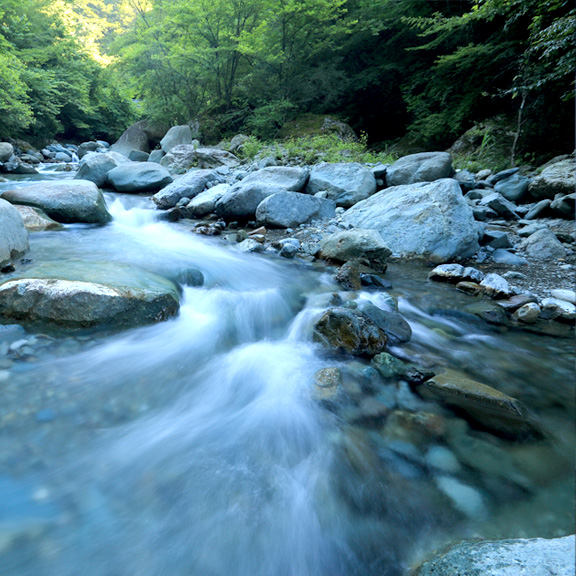
Benefits of Recycling
All life is dependent upon fresh, clean water supply. However, the less than two-percent of the entire water supply is available for consumption and use. Cleaning water for reuse is an effective way to maintain water quality and supply.
Recycling conserves fresh water for drinking and other potable uses. Benefits include the ecosystem, plants, fish and wildlife, because less fresh water is removed from streams, rivers and other bodies of water. The cost to transport water is also reduced by recycling from remote locations and helps maintain water supplies in our underground aquifers. Pollution is also affected by decreasing the wastewater discharged to the environment. Sustainability of wetlands and related ecosystems can be greatly enhanced through the practice of recycling and reusing wastewater.
Recycled water can satisfy most water demands, as long as it is adequately treated to ensure water quality appropriate for the use.
Consider a 400 room hotel that runs at a 70% occupancy and washes 15 pounds of laundry per room on premise. Using an AquaRecycle system to recycle laundry wastewater will on average:
- Conserve over 6.5 MILLION GALLONS of Drinking water per year.
- Prevent 6.5 MILLON GALLONS of chemical laden waste water from returning to the environment.
- Keep over 200 tons of green house gasses from entering the atmosphere in the form of CO2.
- Prevent over 2100 pounds of total Organic Carbon from being released to the waste water treatment plant per year.


